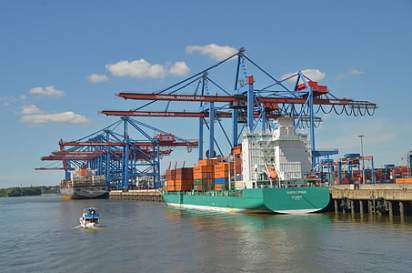
Tecnalia and H2SITE to participate in the APOLO project to use ammonia to decarbonise maritime transport.
|
Tecnalia, a centre of applied research and technological development, and H2SITE, a start-up specialised in the in-situ production of high quality hydrogen, are participating in the international APOLO project to advance towards the complete decarbonisation of the maritime sector using ammonia as a fuel. The initiative addresses the development of innovative membrane reactors to obtain hydrogen from ammonia. This technology will be combined with fuel cells and internal combustion engines to obtain energy from ammonia on board ships. Tecnalia will manage the initiative and will be involved in the development, scale-up and characterisation of the selective membranes for cracking ammonia. In addition, the research centre will conduct health and safety analyses of the prototypes developed within the project. H2SITE will contribute its experience in the development of this hydrogen production technology. The APOLO project focuses on the development of two demonstration prototypes. The first will be a 125 kW energy conversion system using an ammonia cracker coupled with a PEM fuel cell system, achieving an overall system efficiency of 51-54%. The ammonia cracker will be customised to work with and operate at different pressure conditions and efficiency levels to assess the flexibility of the cracking system for all types of PEM fuel cells. The second prototype will consist of a 125 kW partial ammonia cracker coupled with a four-stroke engine, which has an overall system efficiency of more than 45%. A selective catalytic reduction (SCR) system will also be developed to eliminate nitrogen oxide (NOX) emissions from the exhaust of the new engine. Source: Tecnalia |




